Who is entitled to assess the powers of an advocate under the contract?

As a general rule, the qualification and disciplinary commissions of the bar cannot assess the powers of a lawyer to represent or defend arising from a legal aid agreement.
This was pointed out by the Bar Council of Ukraine, which today, on April 30, clarified Articles 14, 15, 17 of the Rules of Professional Conduct regarding the attorney-client relationship and the limits of the QDCB's review of the grounds for bringing an attorney to disciplinary liability.
Lidiya Izovitova, the President of the UNBA, BCU, the speaker on this issue, emphasized the importance of this issue, which the BCU has not yet paid due attention to. And it was considered in connection with the appeal of the advocate, whose powers were confirmed by the economic court in the course of the case. But later, the authority of the advocate was questioned by the QDCB of one of the regions upon the complaint of the procedural opponent.
A significant part of the proceedings that are currently being considered by the disciplinary chambers are in one way or another related to the assessment of legal aid agreements between the attorney and the client. At the same time, they do not always pay attention to the fact that, pursuant to Article 27 of the Law «On the Bar and Practice of Law», general requirements of contract law apply to this type of agreement, which are of priority.
Since the legal aid agreement is subject to the general requirements of contract law defined by civil law arising from the emergence, validity and termination of the agreement, as well as to the authority to interpret them (according to Article 213 of the Civil Code, it is the court), the qualification and disciplinary commissions of the Bar and the Higher Qualification and Disciplinary Commission of the Bar do not have the authority to assess the legal relationship between the client and the attorney, as well as the powers of the latter (the legal aid agreement), authorized by law to provide FLA, by applying the Rules of Professional Conduct in the disciplinary proceedings.
At the same time, the BCU clarified that this rule does not apply to the conclusion of legal aid agreements by lawyers who have suspended or terminated their legal practice or who conclude them under conditions of incompatibility (MPs, judges, prosecutors, civil servants, military personnel or persons performing alternative military service). The actions of such persons should still be assessed by the QDCB in terms of their non-compliance with the requirements of the Law and the Rules of Professional Conduct. Therefore, in the event of a disciplinary complaint, the QDCB must establish the availability of information about the advocate in the URAU (regarding suspended or terminated practice of law, circumstances of incompatibility, as well as the availability of the status of an advocate to the person who entered into the legal aid agreement).
The Bar Council of Ukraine also concluded that the Law does not provide the QDCB with the right to withdraw from the disciplinary complaint on its own initiative, as this is a violation of the guarantees of the practice of law.
Popular news
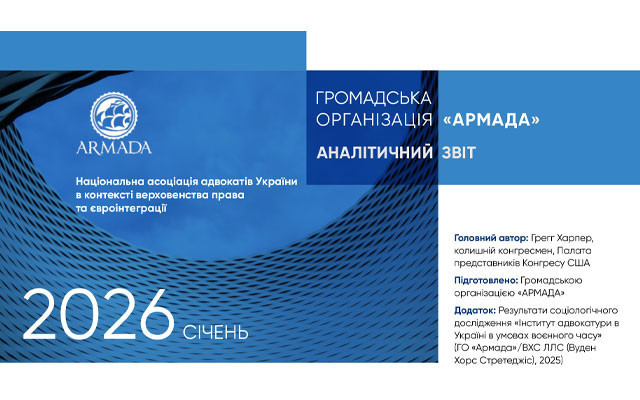
European integration
A translation of the report on advocacy presented to the European Parliament has been published
A translation of a research report on the Ukrainian advocacy profession in wartime, previously presented to the European Parliament in Brussels, has been published. The document is presented as a basis for discussion on the rule of law, Ukraine's European integration aspirations, and countering Russian disinformation in the legal sphere.
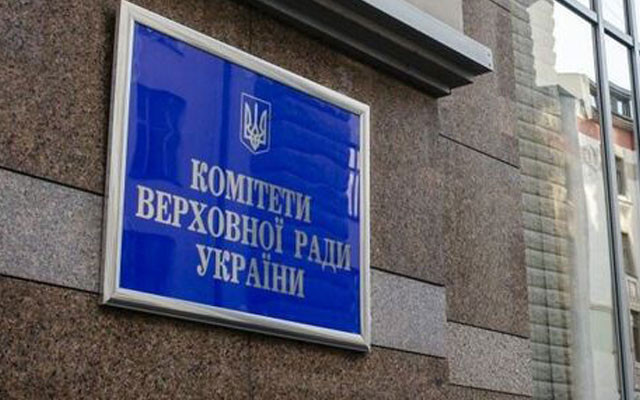
Legislation
The Verkhovna Rada Committee criticized the format of the government working group on advocacy
The implementation of the Roadmap on the rule of law (approved by Cabinet of Ministers Resolution No. 475-r of May 14, 2025) in relation to advocacy raises the practical question of who exactly should prepare legislative changes and how.
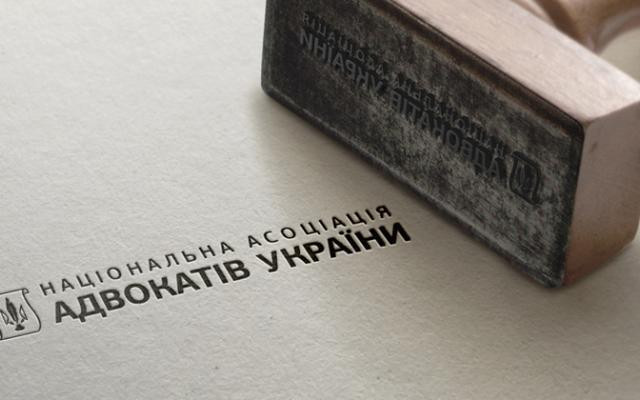
Self-government
The BCU demands a review of the composition of the government working group on reforming the advocacy profession
The President of the UNBA, BCU Lidiya Izovitova, appealed to the Cabinet of Ministers of Ukraine to review the composition of the working group on improving legislation in the field of advocacy and legal practice.
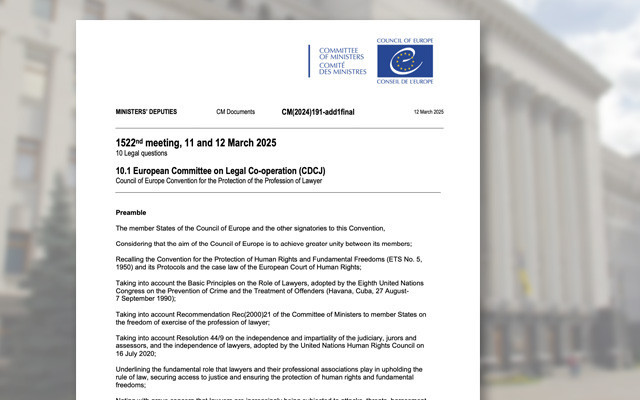
Guarantees of the practice of law
The President has determined, who will sign the Convention for the Protection of the Profession of Lawyer
President of Ukraine Volodymyr Zelenskyy authorized Ukraine's Permanent Representative to the Council of Europe Mykola Tochytskyi to sign the Council of Europe Convention for the Protection of the Profession of Lawyer.

Discussion
Why lowering the age of marriage lacks legal logic
Although until 2012 there was a provision in family law that allowed children to marry from the age of 14 under certain circumstances, its return to Ukrainian law would contradict international obligations and the logic of criminal law.

European integration
Open dialogue between the UNBA and the European Commission on the path to EU
The Ukrainian National Bar Association held a working meeting in Brussels with Mr Wolfgang Nozar, Head of Unit for Governance, Rule of Law and Financial Assistance, Directorate-General for Enlargement and Eastern Neighbourhood (DG ENEST), European Commission.

Self-government
A report on Ukrainian advocacy was presented in the European Parliament
Can a shadow report on advocacy replace the political framework of the Roadmap on the rule of law with demands for the restructuring of self-government? Where is the line between accountability and the seizure of institutions? And how can we respond to narratives with data rather than impressions?
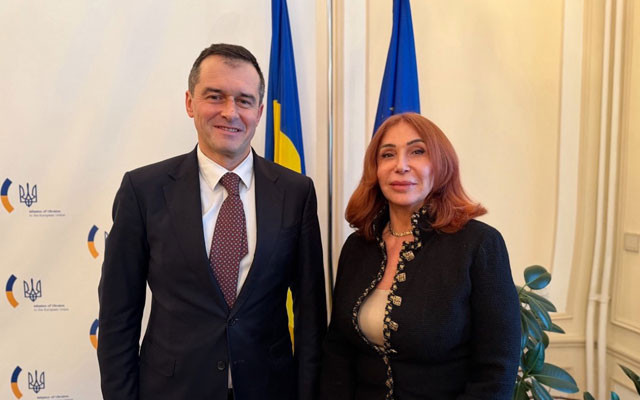
European integration
UNBA and Ukraine's representation to the EU have synchronized their priorities
On February 5, in Brussels, the President of the UNBA, BCU Lidiya Izovitova held a working meeting with the Ambassador Extraordinary and Plenipotentiary of Ukraine, Representative of Ukraine to the European Union Vsevolod Chentsov.
Publications

Volodymyr Matsko Extradition as a systemic form of rights violations

Victoria Yakusha, Law and Business The anti-corruption vertical cannot «take care» of the Bar as an institution, - acting head of the HQDCB

Censor.net Protecting advocates – protecting justice: addressing concerns about the new law

Ihor Kolesnykov A BRIEF SUMMARY REGARDING THE APPLICATION OF THE ORDER ON EXTENDED CONFISCATION IN LATVIA REGARDING FINANCIAL ASSETS OF…

Valentyn Gvozdiy WORKING IN A WAR ZONE

Lydia Izovitova Formula of perfection

Sergiy Vylkov Our judicial system is so built that courts do not trust advocates

Iryna Vasylyk Advocacy in the proclamation of Independence of Ukraine
